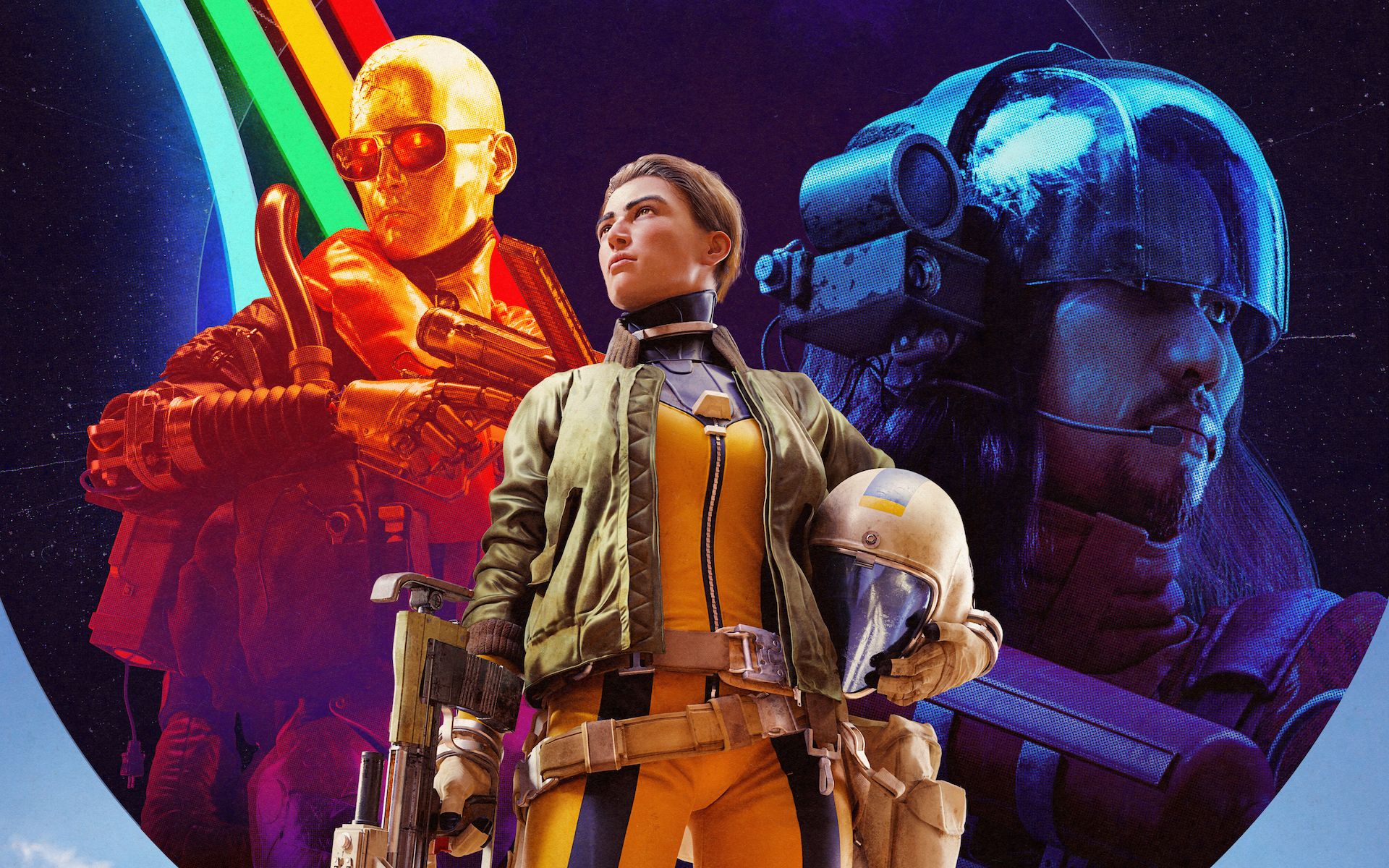The debate over the role of artificial intelligence in the gaming industry has intensified following comments from Nexon CEO Junghun Lee. Speaking to the Japanese outlet Game*Spark, Lee claimed that generative AI tools are now ubiquitous in game development. His assertion has been met with skepticism from various game developers who argue that AI’s presence in the industry is overstated.
Lee stated, “I think it’s important to assume that every game company is now using AI.” Nexon, the parent company of the game developer behind Arc Raiders, has been integrating AI into its production processes. Lee highlighted that AI has improved efficiency in game production and live service operations. He emphasized the need for companies to adopt strategies that enhance competitiveness in a landscape increasingly influenced by similar technologies.
Developers Challenge AI Claims
While some companies embrace AI, others firmly reject its use. Developers from studios such as Strange Scaffold have criticized Lee’s claims, asserting that many independent and major studios do not employ generative AI. In a post on the social media platform Bluesky, Xalavier Nelson Jr., creative director of Strange Scaffold, expressed his disapproval, stating, “We don’t use generative AI at Strange Scaffold and I can confirm that a *lot* of other studios are not—whether indie or AAA.” He described AI as detrimental to the medium, suggesting that its normalization is misguided.
Other developers echoed similar sentiments. The team at Kaizen Game Works declared, “There’s no genAI in our games,” emphasizing their commitment to traditional methods. Chi Xu, producer at D-Cell Games, remarked on the value of human creativity, stating that relinquishing creative choices to AI leads to “empty, vapid, and meaningless” work. Necrosoft, developer of the upcoming tactics RPG Demonschool, bluntly declared, “Hello, not only do we not use AI we would rather cut off our own arms than do so.”
Responses from Industry Leaders
The division over AI has garnered attention from industry figures. Following a critical review of Arc Raiders by Eurogamer for its AI use, Tim Sweeney, CEO of Epic Games, defended the technology. He argued that opinions on AI’s impact should not be viewed through a political lens. Sweeney stated that while some see AI as a threat, others view it as a tool that can enhance game development efficiency and competition.
In contrast, Nelson highlighted the fallacy that AI is essential for producing games faster and at a lower cost. He stated, “We put out roughly three games a year, not touching the stuff. Skill issue.” His studio has successfully released titles such as I Am Your Beast and Teenage Mutant Ninja Turtles: Tactical Takedown within a year.
Nelson elaborated on the motivations behind AI adoption. He identified five reasons developers might resort to AI: pressure from management, a belief that AI can innovate gaming, fear of falling behind, cost-cutting measures, or a gap in quality and precision in their processes. He cautioned that relying on AI could mask deeper issues within game development.
The debate surrounding AI’s role in gaming raises important questions about the future of the industry. As developers and companies navigate this evolving landscape, the reliance on technology versus human creativity will likely continue to shape discussions and decisions.
Representatives for Nexon did not respond to requests for comment in time for publication.
